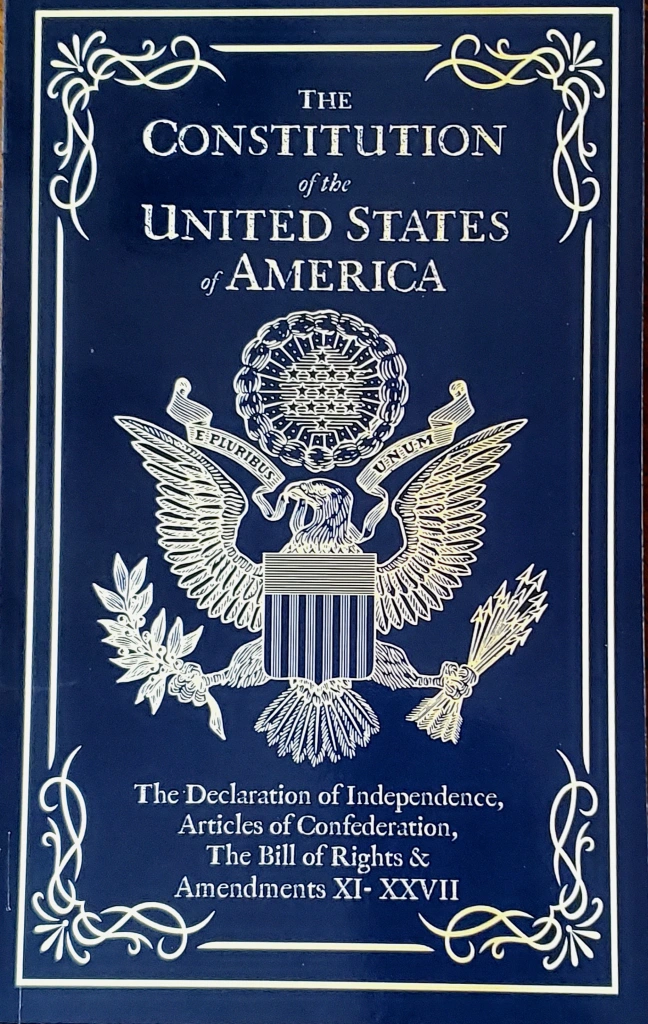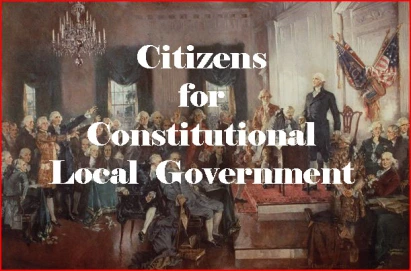Organic Law is “the set of foundational laws or regulations, like those in a constitution or charter, which establish the essential framework of a government.” It is the fundamental basis of a government.

The U.S. Code defines the organic laws of the United States to include the Declaration of Independence, the Articles of Confederation, the Northwest Ordinance, and the U.S. Constitution. (See US Statutes At Large, 1789 –1875, Vol. 18, Part I, Revised Statutes (43rd Congress, 1st session), p. v and vi).
In contrast, The Homes Association Handbook and UCIOA constitute, in my view, the organic law for HOA-Land. Together with their derivatives, as applied to HOA Declarations, they set the HOA’s political tone and governing policies, which clearly rejects the US Constitution as the law of the land.
National defender of HOA-Land legal structure, Community Associations Institute, CAI, had this to say in its amicus curiae to the NJ appellate court in Twin Rivers (2006).
“In the context of community associations, the unwise extension of constitutional rights to the use of private property by members (as opposed to the public) raises the likelihood that judicial intervention will become the norm, and serve as the preferred mechanism for decision-making, rather than members effectuating change through the democratic process. [p. 19].”



